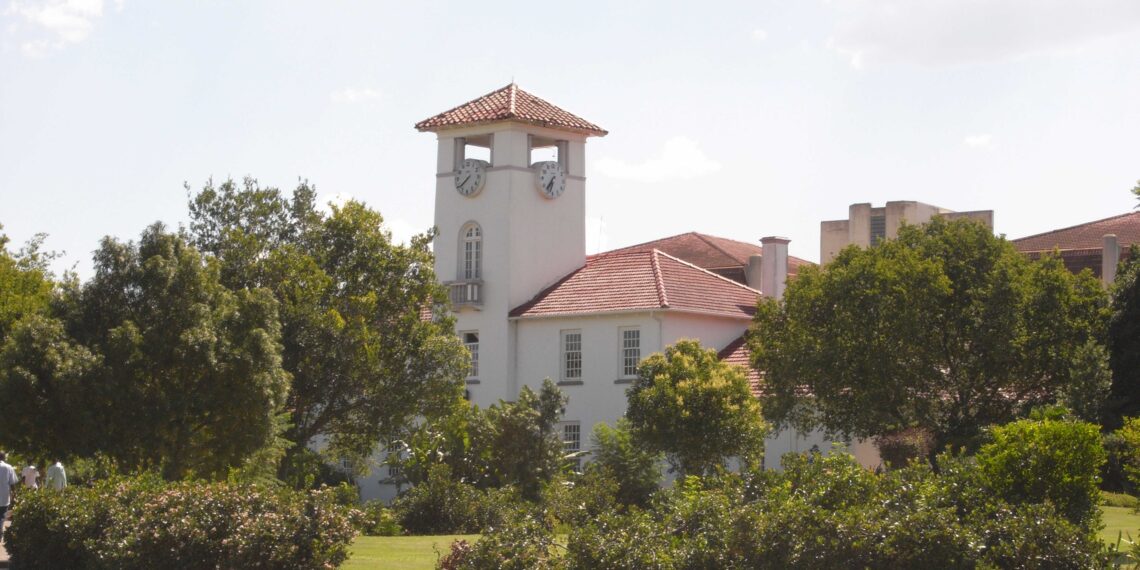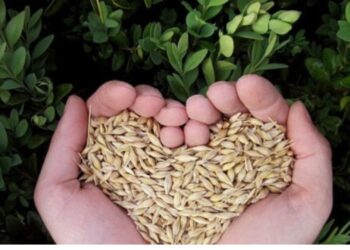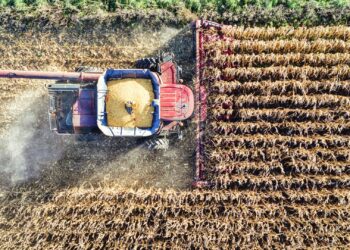An ongoing crisis continues to unfold at the University of Fort Hare (UFH) in the Eastern Cape following the recent fire that gutted parts of the institution, including its library. In a new twist, more than 700 agriculture students face a bleak future as their qualifications have reportedly not been registered.
Following unrest earlier this month, causing between R250 million and R500 million in damage at the University of Fort Hare, students submitted a memorandum of demands to the Committee of Higher Education.
Their demands included governance reforms and better student representation, while agricultural students took the opportunity to voice concerns over their unregistered and changed qualifications, seeking recognition and resolution.
More than 500 animal science and over 200 agricultural economics students could allegedly not graduate after discovering their qualifications were not registered with the South African Qualifications Authority (SAQA) and the Council on Higher Education (CHE), and that their qualifications had also been changed to ones they did not apply for.
Changing qualifications
According to a UFH faculty of science and agriculture council member, who asked not to be named as they are not authorised to speak to the media, the matter was picked up in 2022. The BSc animal science students, specifically, were informed by the then dean of faculty that the qualification was never registered with SAQA and CHE.
The students who applied for BSc animal science were told that, instead, BSc animal production is registered with CHE and SAQA. The situation grew more complicated as some students’ qualifications were allegedly changed before they completed their courses. Those who applied for one programme are now set to graduate with a different qualification imposed by the university.
Related stories
- University of Fort Hare launches high-tech dairy research hub
- Navigating troubled waters: CT port manager shares recovery plans
- SA secures landmark stone fruit deal with China
- South African Agricultural Awards set to shine in Durban
Sibulele Mpum, a student completing his final year for a BSc in animal science, which has now been changed to animal production, expressed the personal impact of this shift.
“It’s tiring, honestly speaking, and demotivating considering the way we found out about this matter, regardless of the situation we are facing. We are pushing because we had hope that our institution would understand how this may affect our future; the doors that this situation will close for us.
“Now we are forced to do a master’s degree, and we question the institution. What about those who won’t be able to qualify for a master’s? This can be fixed if our institution can be serious about fixing this matter,” Mpum said.
Adding to these concerns, another student, Lihle Nomakhwezana, who is in her third year of B Agric economics, shared her disappointment upon discovering her course had also been changed.
“I was really disappointed when I discovered that my course had been changed to bachelor of agriculture. I also feel that the university has neglected the issue related to this course change, as it occurred last year, and we have not received any positive follow-up regarding this matter.
“I don’t think the university will resolve this matter any time soon, and I am worried that this issue might have an impact on my career path. The council stated that they have sent numerous letters, including to the Committee of Higher Education, regarding this matter, but have not received any direct,” NomaKhwezana said.
Assessing the problems
Tebogo Letsie, chairperson of the Committee of Higher Education, said that they have communicated with the institution, expressing concern about recent university protests that severely disrupted academic activities, caused widespread property damage, and suspended operations.
“The committee plans an urgent oversight visit in the coming week to engage with the university council, management, SRC, and labour, and to assess the damage,” he said.
According to the University of Fort Hare (UFH) council, the agriculture building, with newly upgraded state-of-the-art laboratories completed earlier this year at R20 million, was also destroyed during the unrest.
When Food For Mzansi sought comment from the department of higher education on the matter of the qualifications, the department redirected the inquiry to the university, explaining that the university is responsible for the operation of university affairs.
Efforts to get responses from the university’s spokesperson have been unsuccessful.
READ MORE: How to cut costs and boost income with agroecology


















